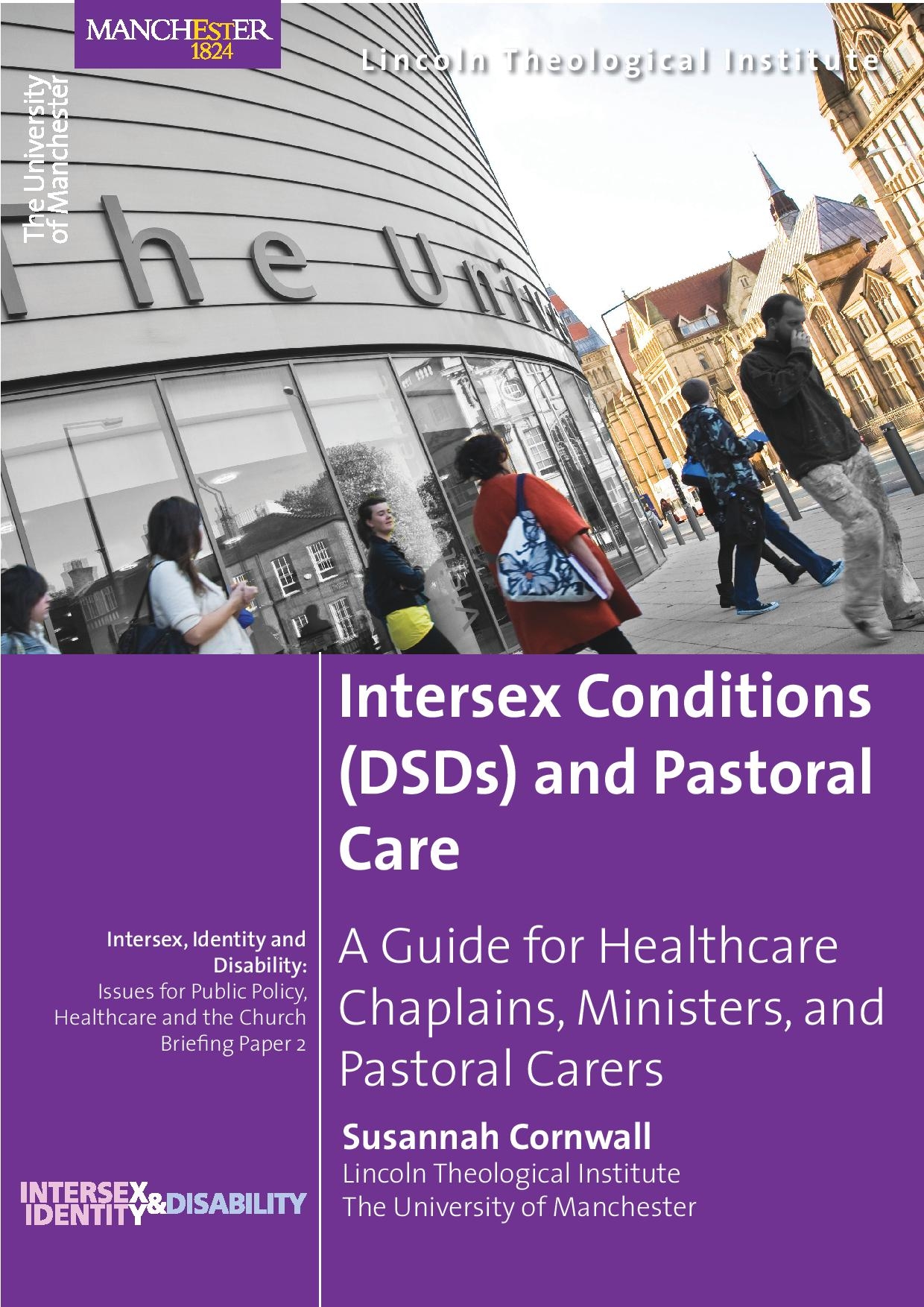Essays in Telos 160 (Fall 2012)
 November 14, 2012
November 14, 2012 Two postgraduate students from the Department of Religions and Theology at the University of  Manchester, Qi Zheng and Kyle Gingerich Hiebert, have had articles published in Telos 160 (Fall 2012). This special issue is called "Before the Law".
Manchester, Qi Zheng and Kyle Gingerich Hiebert, have had articles published in Telos 160 (Fall 2012). This special issue is called "Before the Law".
Qi Zheng's essay is entitled "Carl Schmitt in China".
Abstract:
This essay explores the justification for studying Schmitt's theory in China. It reveals the reasons why political philosophers who are interested in philosophical contributions to practical life should consider Schmitt's theory as relevant for China. The first and second sections separately explore the two different schools of the critique of Schmitt in China. One school criticizes Schmitt either as a fascist theorist or a political philosopher whose theory is uncomfortably similar to the theory of Mao's that directly produced the Great Cultural Revolution. I define this school as advancing a strong critique of Schmitt. The other school advances a weak critique of Schmitt. The weak critics aim to demonstrate a complicated relationship between Schmitt's theory, liberalism and Chinese liberalism. On the one hand, they usually acknowledge the significance of Schmitt's theory for showing the importance of the role of a strong state that is greatly ignored by Chinese liberalism. On the other hand, they criticize Schmitt for underestimating the ability of liberalism to build a strong state. In contrast to these two schools of Chinese criticism of Schmitt, the third and fourth sections of this essay provide a justification for studying Schmitt's political theory in the current Chinese context by analyzing the inability of Chinese liberalism to provide the theoretical resources to deal with real political problems faced by China today.
Kyle Gingerich Hiebert's essay is entitled "The Architectonics of Hope: Apocalyptic Convergences and Constellations of Violence in Carl Schmitt and Johann Baptist Metz".
Abstract:
This essay traces the apocalyptic re-emergence of political theology in late modernity in the work of the jurist Carl Schmitt and the theologian Johann Baptist Metz. Broadly speaking, the intellectual fault line between these two German Catholics can be provisionally drawn with reference to Hegel. On the one hand, Schmitt's lineage can be traced back through the conservative Catholic political philosophers of the counterrevolution (Bonald, de Maistre, and Cortés) to what amounts to, in very broad strokes, a political theology of the Hegelian Right. On the other hand, Metz¹s sympathies in his development of the new political theology clearly lie with the revisionary Marxists of the Frankfurt School (Adorno, Benjamin, and Bloch), which binds his intellectual heritage, again in very broad strokes, to the Hegelian Left. This way of putting the matter quite easily lends itself to interpretations that argue the relationship between Schmitt and Metz is straightforwardly oppositional. While perhaps conceptually useful, I argue that any easy conservative/critical dichotomy here obscures as much as it illuminates because it proffers too undifferentiated an account of the interrelationship between Schmitt and Metz. Alternatively, I suggest that the apocalyptic tone that infuses their respective accounts of political theology is the most adequate key for understanding how they function as different expressions of what I call an architectonics of hope; a reconfiguration of political theology that is structural in nature, animated by a thoroughly negative theological anthropology and that tragically acquiesces to the ongoing necessity of violence. In the end, then, Schmitt and Metz stand much closer to each other than currently realized.
 Email |
Email |  Post a Comment
Post a Comment 





